This war, in its inception was a commercial and industrial war. It was not a political war
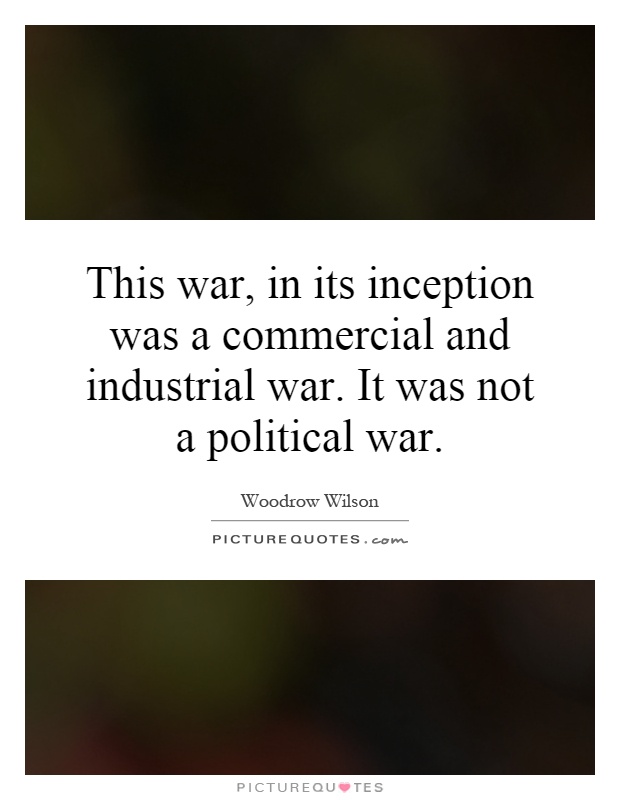
This war, in its inception was a commercial and industrial war. It was not a political war
Woodrow Wilson, the 28th President of the United States, was a man of great vision and foresight. He believed in the power of diplomacy and negotiation to resolve conflicts, and he was a staunch advocate for peace. However, when the United States entered World War I in 1917, Wilson found himself leading a nation at war.Wilson's decision to enter the war was not taken lightly. He had campaigned for re-election in 1916 on the platform of keeping the United States out of the conflict in Europe. However, events such as the sinking of the Lusitania and the Zimmerman Telegram, which revealed Germany's plans to ally with Mexico against the United States, forced Wilson's hand.
In his address to Congress on April 2, 1917, Wilson made it clear that the United States was entering the war not for political reasons, but for moral and humanitarian ones. He spoke of the need to make the world "safe for democracy" and to ensure that future generations would not have to endure the horrors of war.
However, Wilson also recognized that the war had economic implications for the United States. The country had become a major supplier of goods to the Allied powers, and American businesses stood to profit from the conflict. Wilson understood that the war was, in part, a commercial and industrial war, driven by the desire for economic gain.
Wilson's leadership during the war was marked by his commitment to finding a peaceful resolution. He proposed his Fourteen Points as a basis for a post-war peace settlement, which included principles such as self-determination for nations and the establishment of a League of Nations to prevent future conflicts.
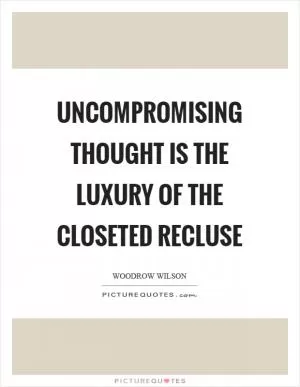
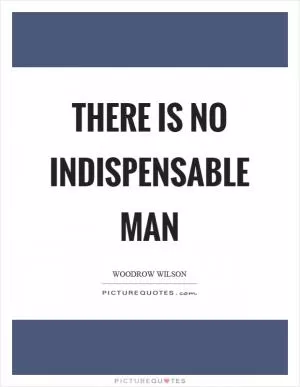
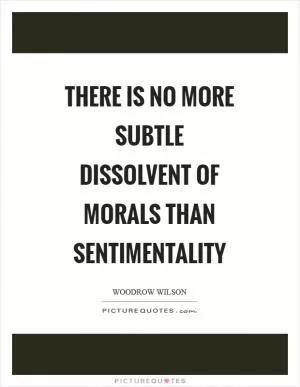




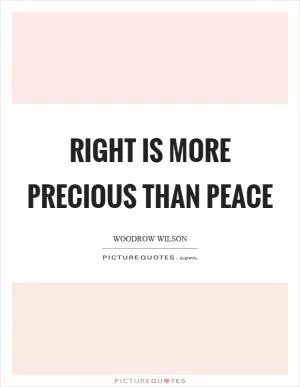




 Friendship Quotes
Friendship Quotes Love Quotes
Love Quotes Life Quotes
Life Quotes Funny Quotes
Funny Quotes Motivational Quotes
Motivational Quotes Inspirational Quotes
Inspirational Quotes